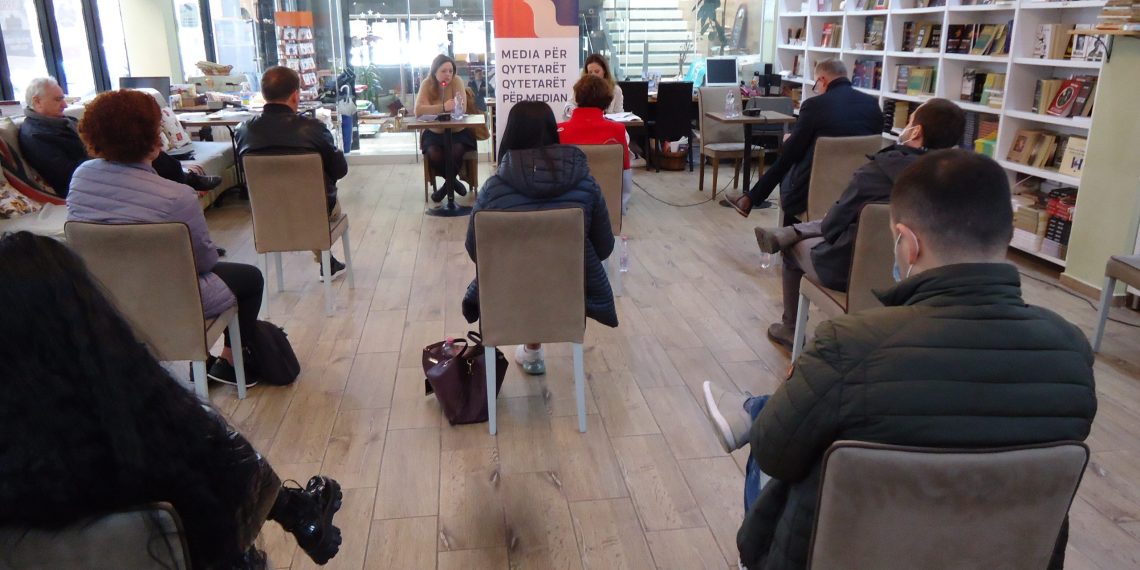The Balkan Barometer 2020 showed that internet is widely used for purposes of communication with a quick spread on social media (69%) while being less popular for education (30%) and for e-commerce (22%). Even though there is a clear tendency to use the internet and social networks for information purposes, the ability of the population to critically judge news sources and content remains limited. This explains the low ranking of Albania on Media Literacy Index 2020 (along with Bosnia and Herzegovina, North Macedonia, Turkey, and Montenegro) on the lack of competences to assess the needed analytical filters in the age of fake news and post-truth. In fact, in Albania media literacy remains a concept that is not comprehensively addressed, and we cannot speak of official policies implemented in this context. Hence, the education of youth to distinguish correct and accurate information remains a priority in the overall teaching process. In this context, the role of teachers and their own education is the main prerogative, as they are the ones that should for first own the techniques and tolls of media and information literacy in order to transfer their knowledge to students.
These were only a few of some of the conclusions of a roundtable discussion among experts of education, media, academics, and civil society that was organized on April 16. During the roundtable a series of policy recommendations in this field was presented, resulting from previous research work by Jonila Godole, professor of journalism at University of Tirana and media literacy trainer, and a previous panel discussion with experts. More specifically, during the meeting the participants suggested that media literacy should become obligatory for students that are trained to be future teachers, and that proper training should be given in terms of media theory, scientific research, and practice for the trainers of these students. This curricula should be complemented with topics that are related to media, the processes of its development, and the challenges in a digital society. Similarly, it was recommended that such criteria could be applied across various studies, such as pedagogical sciences, teaching and didactics, journalism and communication, sociology, psychology, or even law school.
Representatives of education institutions focusing on curricula development agreed that there is ample space for universities to engage in offering these courses as part of their diplomas and that there exists a need for this education, but they suggested that in view of the overall autonomy of the universities in drafting their curricula, they could adapt it to the process, rather than be guided by central institutions, which tend to cover pre-university education rather. in general the rest of participants agreed that the universities could experiment with various forms and courses in this respect, adapting their curricula to the needs of specific branches, and that a close cooperation with civil society as a more active actor in this field would be necessary. This roundtable was held within the regional project “Media for Citizens – Citizens for Media”, implemented by several media organizations from the Western Balkans, including AMI, with financial support from the European Union.



